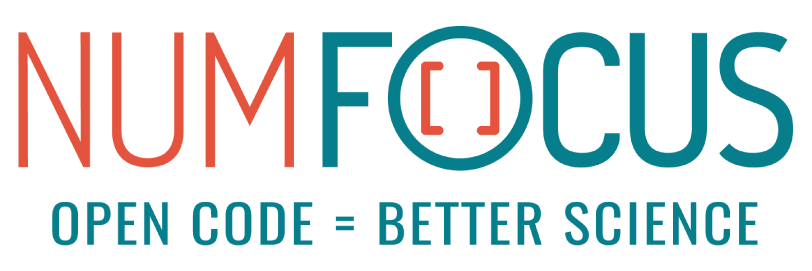ArviZ (pronounced "AR-vees") is a Python package for exploratory analysis of Bayesian models. It includes functions for posterior analysis, data storage, model checking, comparison and diagnostics.
ArviZ also has a Julia wrapper available ArviZ.jl.
The ArviZ documentation can be found in the official docs. First time users may find the quickstart to be helpful. Additional guidance can be found in the user guide.
ArviZ is available for installation from PyPI. The latest stable version can be installed using pip:
pip install arviz
ArviZ is also available through conda-forge.
conda install -c conda-forge arviz
The latest development version can be installed from the main branch using pip:
pip install git+git://github.com/arviz-devs/arviz.git
Another option is to clone the repository and install using git and setuptools:
git clone https://github.com/arviz-devs/arviz.git
cd arviz
python setup.py install
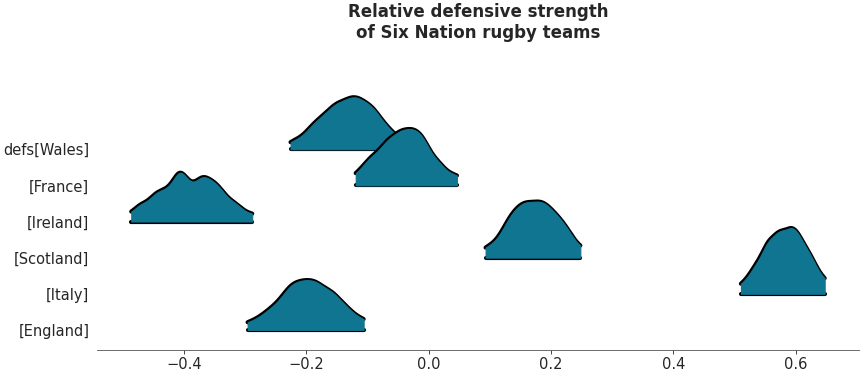
|
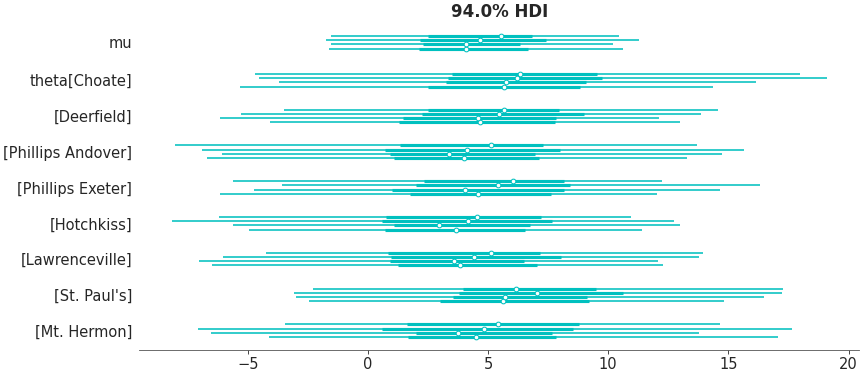
|
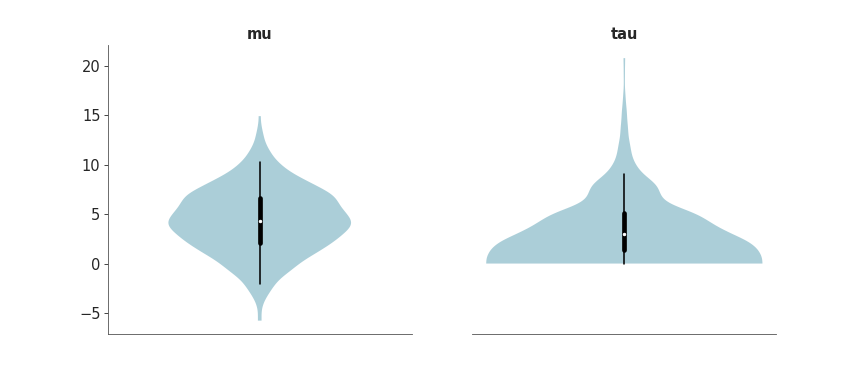
|
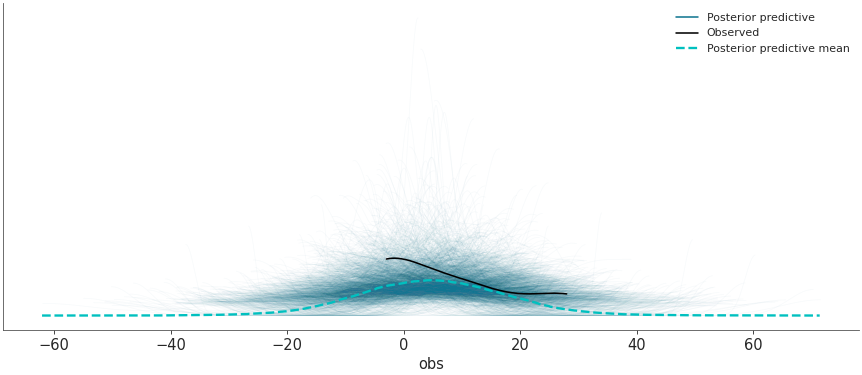
|
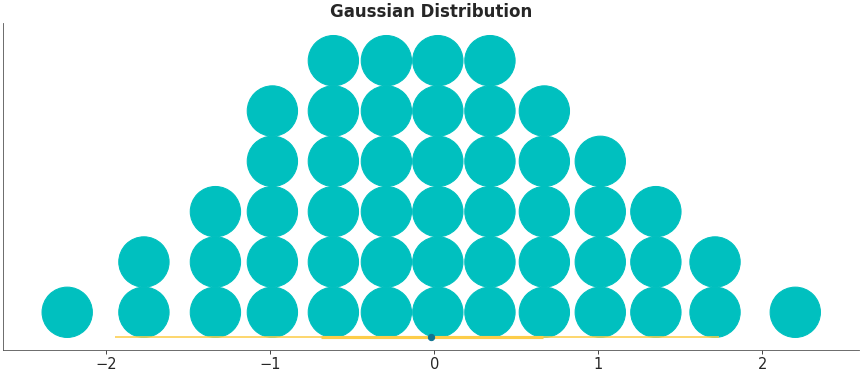
|
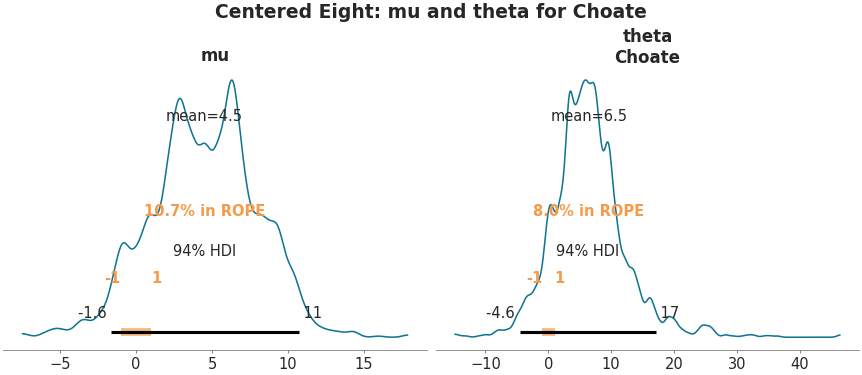
|
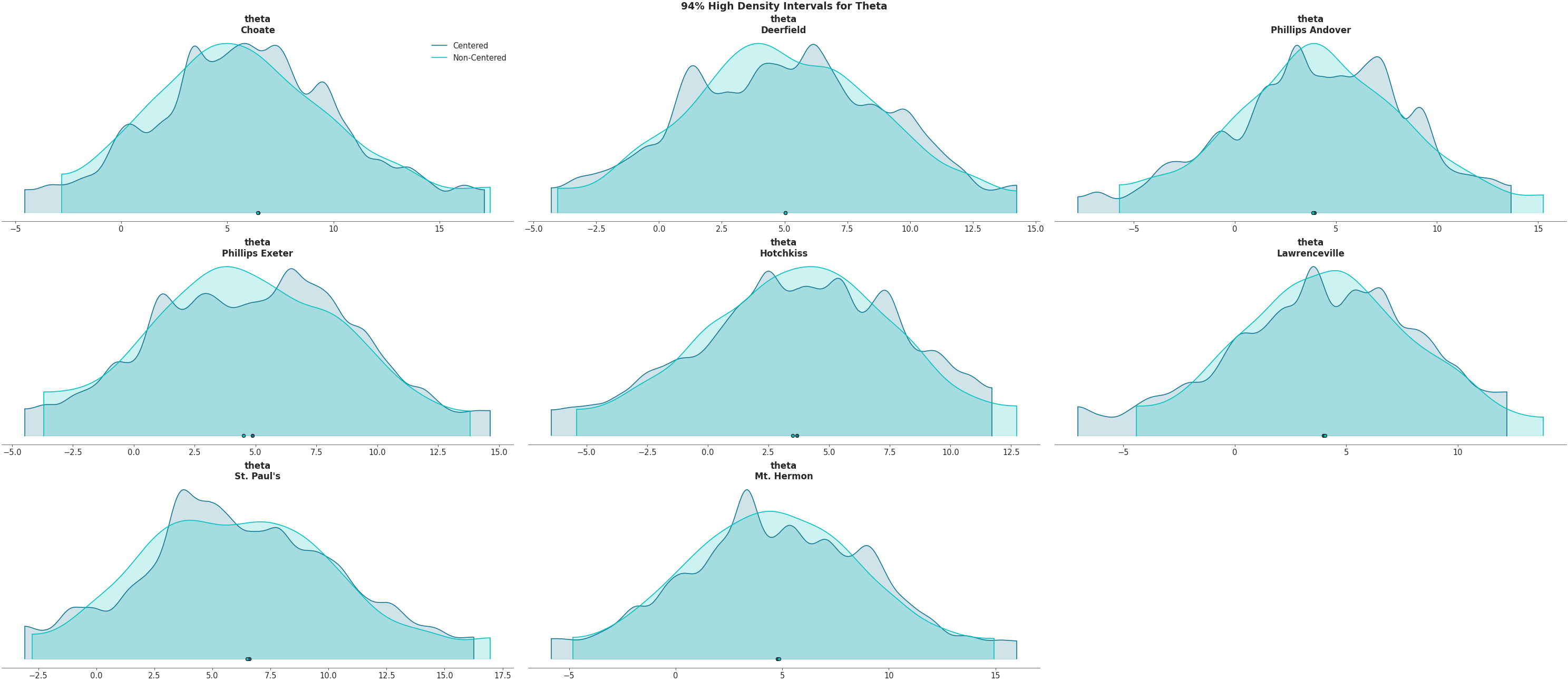
|
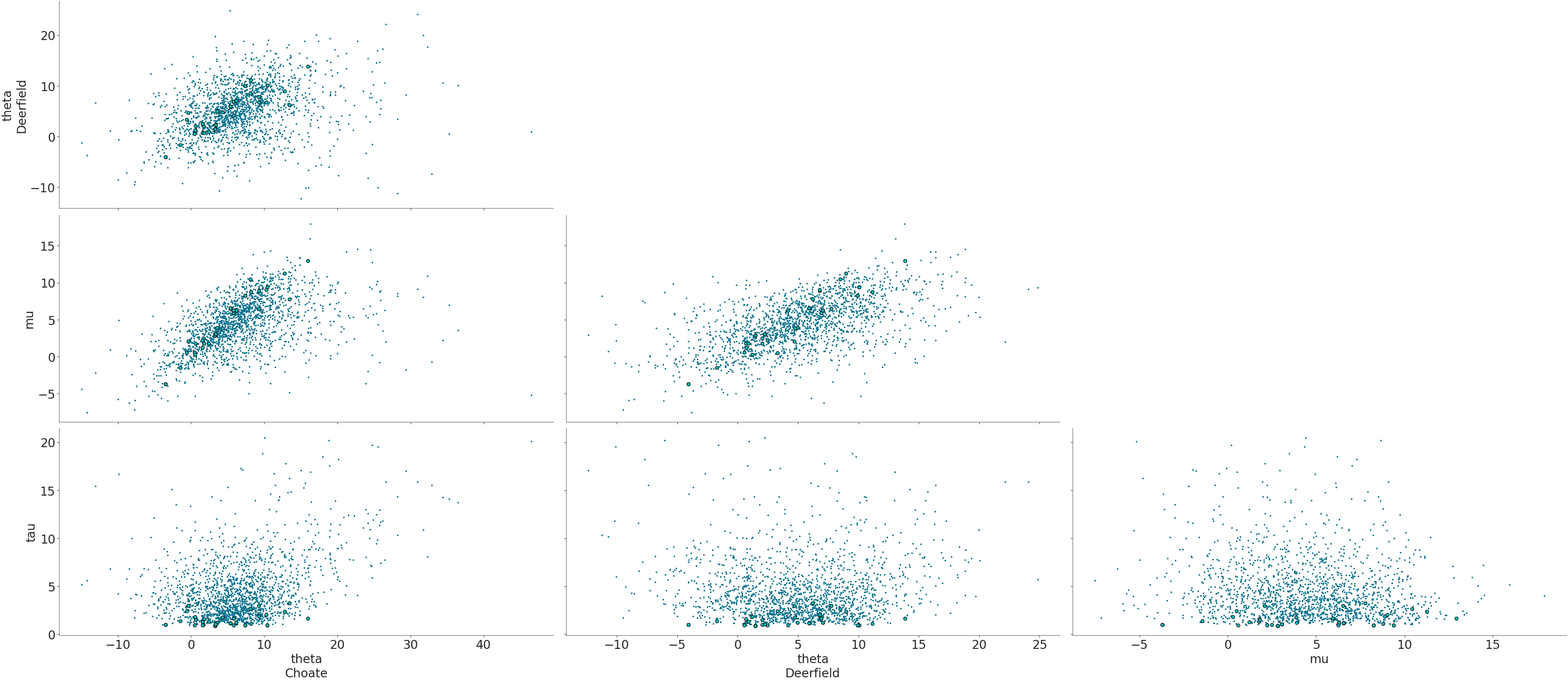
|
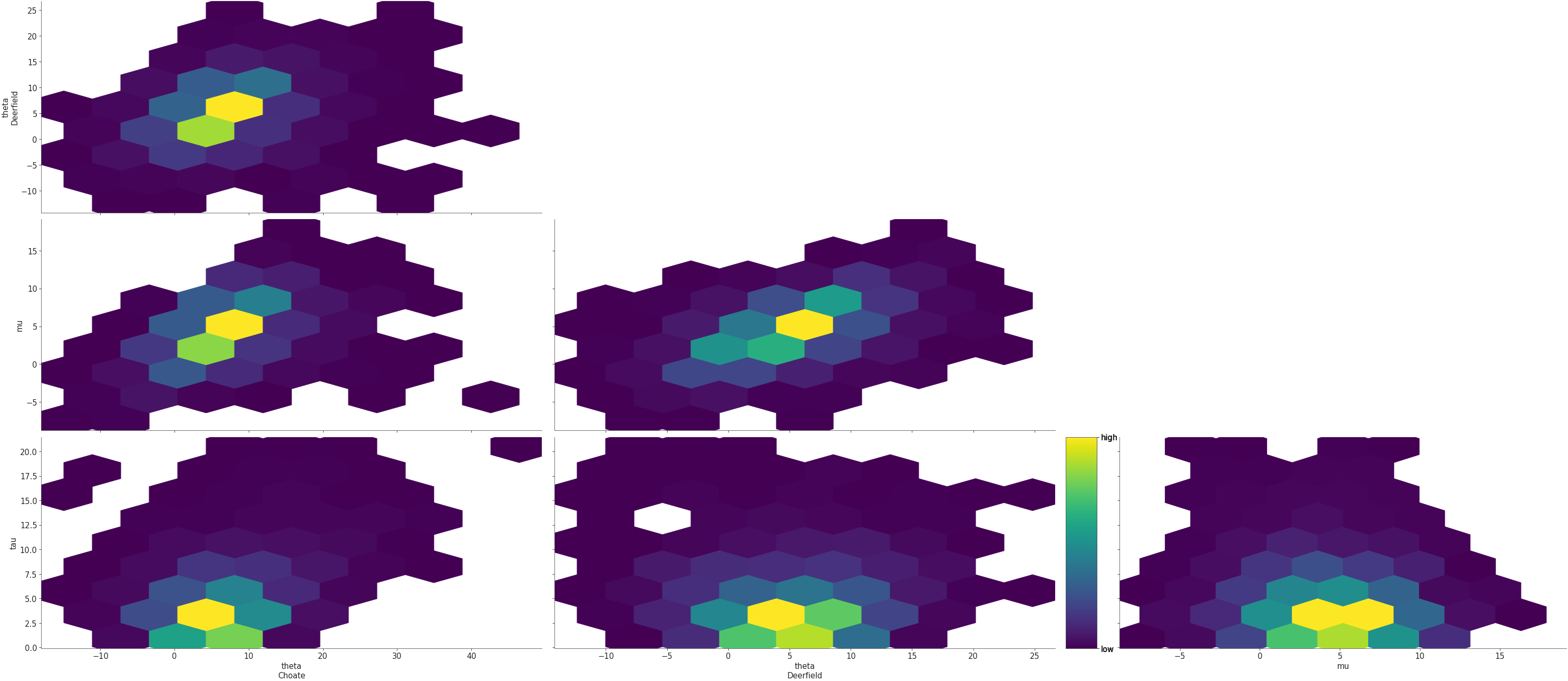
|
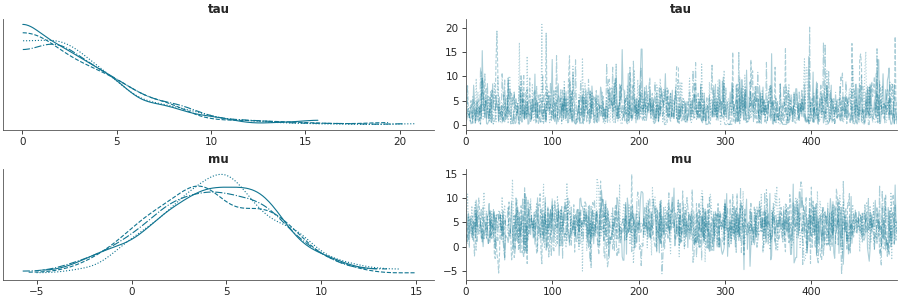
|
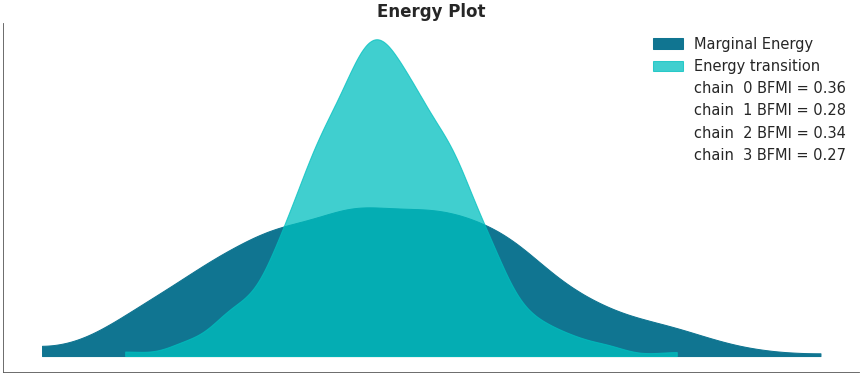
|
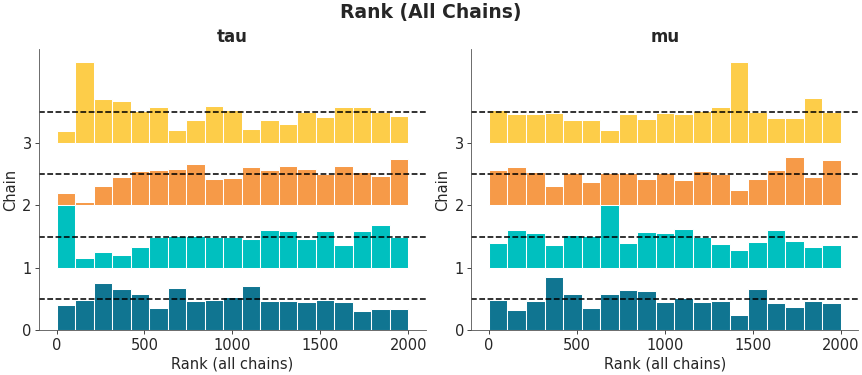
|
ArviZ is tested on Python 3.10, 3.11 and 3.12, and depends on NumPy, SciPy, xarray, and Matplotlib.
If you use ArviZ and want to cite it please use
Here is the citation in BibTeX format
@article{arviz_2019,
doi = {10.21105/joss.01143},
url = {https://doi.org/10.21105/joss.01143},
year = {2019},
publisher = {The Open Journal},
volume = {4},
number = {33},
pages = {1143},
author = {Ravin Kumar and Colin Carroll and Ari Hartikainen and Osvaldo Martin},
title = {ArviZ a unified library for exploratory analysis of Bayesian models in Python},
journal = {Journal of Open Source Software}
}
ArviZ is a community project and welcomes contributions. Additional information can be found in the Contributing Readme
ArviZ wishes to maintain a positive community. Additional details can be found in the Code of Conduct
ArviZ is a non-profit project under NumFOCUS umbrella. If you want to support ArviZ financially, you can donate here.





